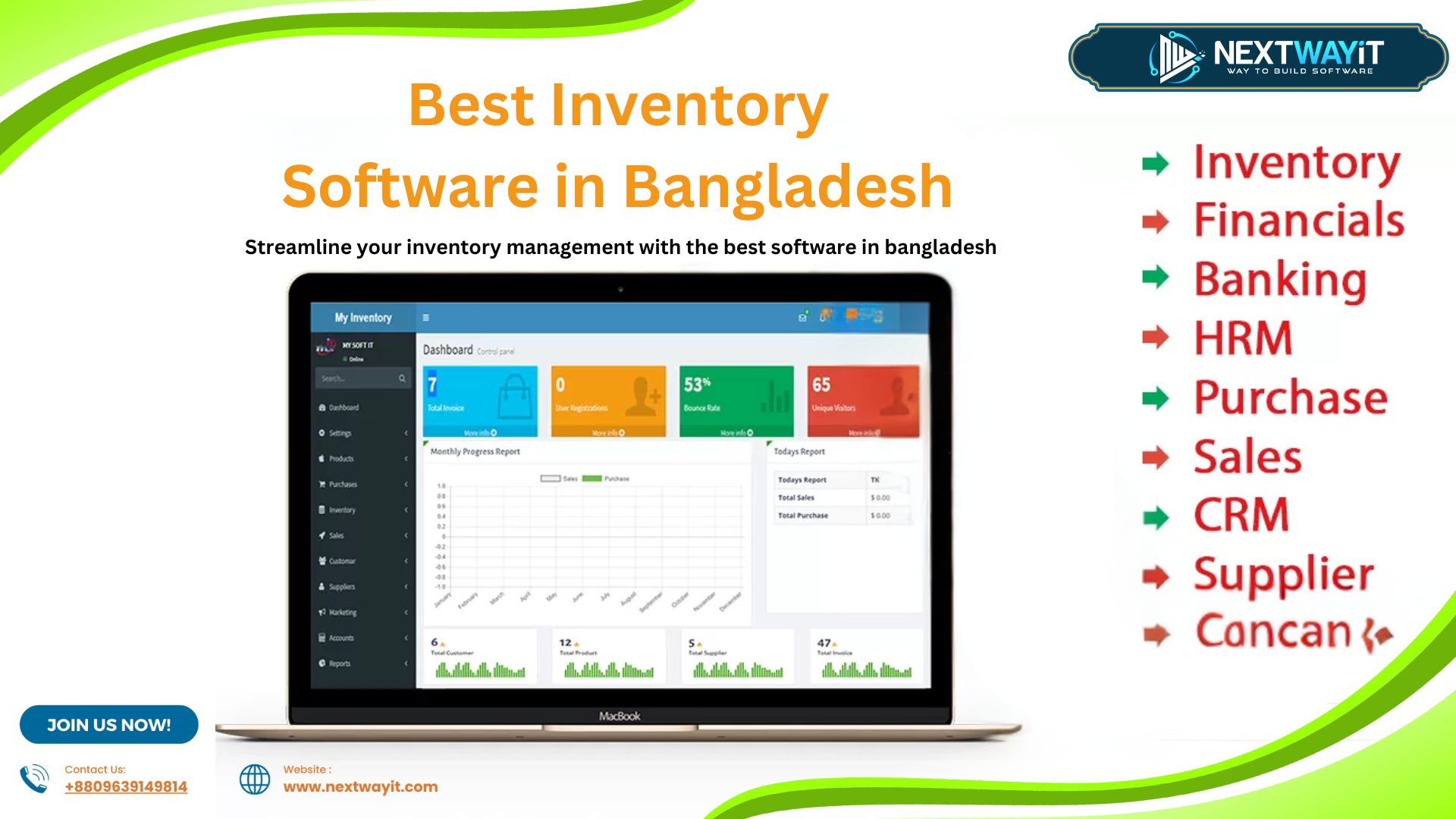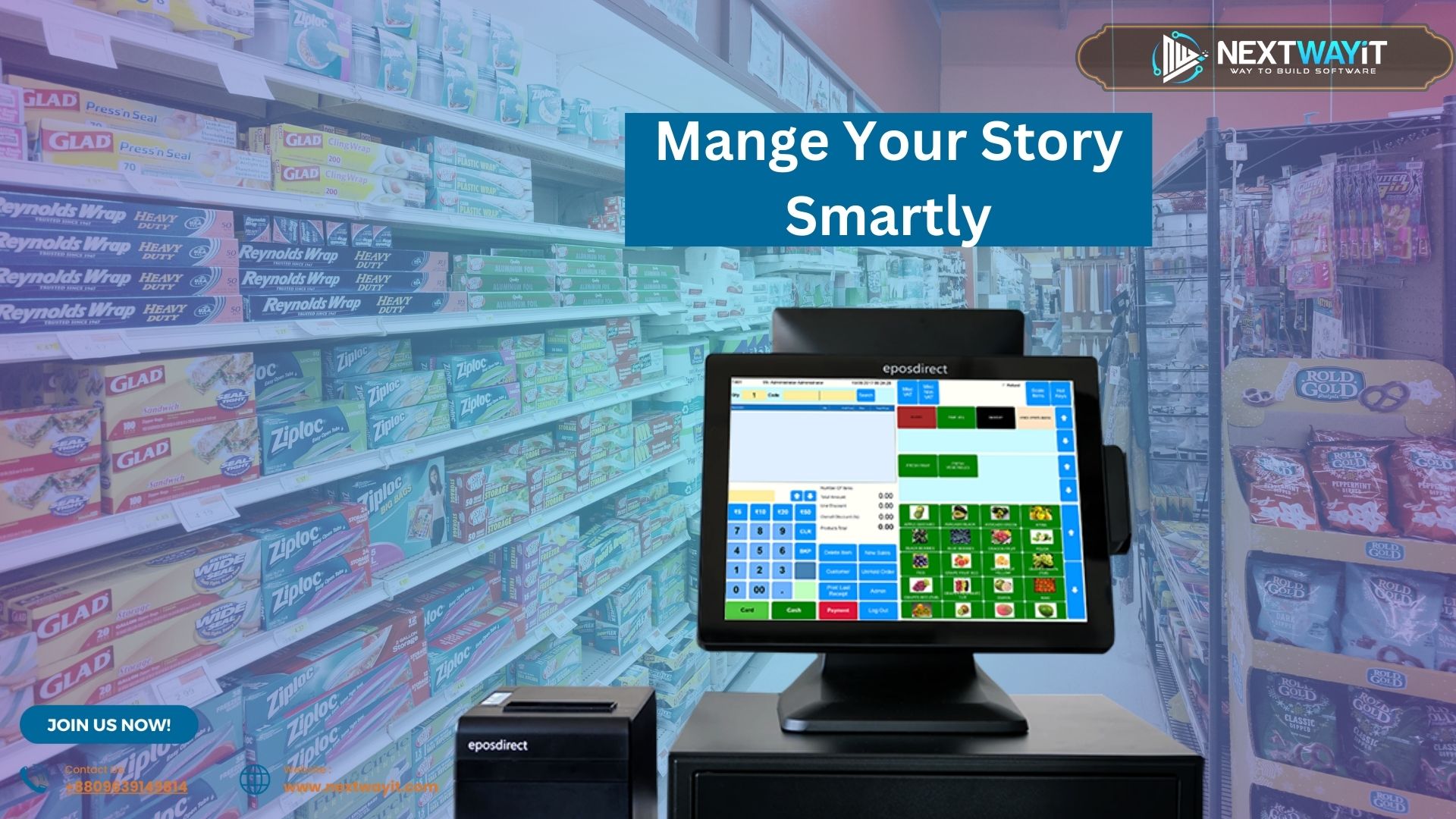
A Comprehensive guide of Freight Forwarding Software in Bangladesh
1. Introduction: The Growing Importance of Freight Forwarding softwere in Bangladesh
In this article discuss about Freight Forwarding softwere for Bangladesh. Bangladesh, with its rapidly growing economy and expanding trade networks, is emerging as a key player in global commerce. The country’s strategic location, combined with its burgeoning industrial sector, particularly in textiles and garments, has made it a critical hub for international trade. As Bangladesh continues to integrate more deeply into the global supply chain, the demand for efficient and reliable logistics solutions has skyrocketed. Freight forwarding, a crucial component of the logistics industry, plays a vital role in ensuring the smooth movement of goods across borders. However, as the complexity and volume of shipments increase, the need for advanced freight forwarding software becomes more apparent.
2. The Evolution of Freight Forwarding Software
Freight forwarding has evolved from a manual, paper-based process to a highly sophisticated, technology-driven industry. In the past, freight forwarders relied heavily on manual documentation, telephone calls, and personal contacts to manage shipments. This approach was not only time-consuming but also prone to errors, leading to delays and increased costs. With the advent of digital technology, freight forwarding software has revolutionized the industry. Modern software solutions now offer comprehensive tools that automate and streamline various aspects of freight forwarding, from documentation and customs clearance to real-time tracking and analytics.
3. Why Bangladesh Needs Advanced Freight Forwarding Software
The logistics landscape in Bangladesh is unique, characterized by a mix of traditional practices and modern challenges. The country’s infrastructure, though improving, still faces significant bottlenecks, particularly in ports and transportation networks. Moreover, the growing volume of exports, especially in the garment sector, requires efficient logistics management to meet tight deadlines. Advanced freight forwarding software is not just a luxury but a necessity in this environment. It enables freight forwarders to optimize routes, reduce delays, and ensure compliance with international regulations, all while minimizing costs.
4. Key Features of Effective Freight Forwarding Software
For freight forwarders in Bangladesh, choosing the right software can be a game-changer. Effective freight forwarding software should include a range of features designed to address the specific needs of the industry. These features include:
- Automated Documentation: The software should handle the creation and management of all necessary documents, including bills of lading, invoices, and customs declarations. This reduces the risk of errors and ensures that all paperwork is completed on time.
- Real-Time Tracking: Customers increasingly demand visibility into their shipments. Advanced software should provide real-time tracking capabilities, allowing both freight forwarders and their clients to monitor the progress of shipments.
- Customs Compliance: Compliance with customs regulations is critical in international trade. Freight forwarding software should have integrated customs management features to ensure that all shipments meet the necessary legal requirements.
- Multi-Modal Transport Management: Bangladesh’s logistics industry relies on a combination of road, rail, air, and sea transport. The software should support multi-modal transport management, allowing freight forwarders to choose the most efficient and cost-effective routes.
- Data Analytics: In today’s data-driven world, the ability to analyze and interpret logistics data is crucial. The software should offer robust analytics tools that help freight forwarders make informed decisions, optimize operations, and identify trends.
5. The Benefits of Implementing Freight Forwarding Software in Bangladesh
The implementation of freight forwarding software in Bangladesh offers numerous benefits, both for individual companies and the logistics industry as a whole. These benefits include:
- Increased Efficiency: Automation of routine tasks reduces the time and effort required to manage shipments. This allows freight forwarders to handle more shipments with the same resources, increasing overall efficiency.
- Cost Reduction: By optimizing routes, reducing errors, and improving compliance, freight forwarding software helps companies reduce operational costs. This is particularly important in a competitive market where margins can be thin.
- Improved Customer Satisfaction: With real-time tracking and faster processing times, freight forwarders can offer better service to their clients. This leads to higher customer satisfaction and, ultimately, increased business.
- Enhanced Security: Freight forwarding software often includes security features such as data encryption and access controls, protecting sensitive information from unauthorized access and ensuring the integrity of shipments.
- Scalability: As the volume of trade continues to grow, freight forwarding software provides the scalability needed to manage larger, more complex operations without compromising on service quality.
6. Overcoming Challenges in Implementing Freight Forwarding Software
While the benefits of freight forwarding software are clear, the implementation process can present challenges. In Bangladesh, these challenges may include:
- Cost of Implementation: The initial cost of purchasing and implementing freight forwarding software can be high, particularly for small and medium-sized enterprises (SMEs). However, the long-term savings and efficiency gains often outweigh the upfront investment.
- Training and Adoption: Staff may require training to effectively use the new software. Resistance to change can be a barrier, but with proper training and support, employees can quickly adapt to the new system.
- Integration with Existing Systems: Many companies in Bangladesh still rely on legacy systems. Integrating new software with these existing systems can be complex, requiring careful planning and technical expertise.
7. Successful Implementation of Freight Forwarding softwere in Bangladesh
Several companies in Bangladesh have successfully implemented freight forwarding software, leading to significant improvements in their operations. For example, a leading garment exporter in Dhaka adopted a state-of-the-art freight forwarding system, which enabled them to streamline their logistics processes, reduce shipping times, and improve customer satisfaction. Another example is a freight forwarding company based in Chittagong, which used advanced software to enhance their customs clearance process, resulting in faster clearance times and reduced penalties.
These case studies highlight the potential of freight forwarding software to transform logistics operations in Bangladesh, making them more efficient, cost-effective, and customer-focused.
8. Future Trends in Freight Forwarding Software
As technology continues to evolve, so too will freight forwarding software. In the coming years, we can expect to see the following trends:
- Artificial Intelligence (AI) and Machine Learning (ML): AI and ML will play an increasingly important role in freight forwarding, enabling predictive analytics, automated decision-making, and enhanced customer service.
- Blockchain Technology: Blockchain has the potential to revolutionize the logistics industry by providing a secure, transparent, and immutable record of transactions. This could reduce fraud, improve traceability, and streamline customs clearance processes.
- Internet of Things (IoT): IoT devices, such as smart containers and sensors, will provide real-time data on the condition and location of shipments, further enhancing visibility and control.
- Cloud-Based Solutions: Cloud-based freight forwarding software will become more prevalent, offering greater flexibility, scalability, and cost-effectiveness compared to traditional on-premises solutions.
9. Conclusion: Embracing the Future of Freight Forwarding in Bangladesh
As Bangladesh continues to grow as a global trading partner, the logistics industry must adapt to meet the demands of an increasingly complex and competitive market. Freight forwarding software offers a powerful tool to help companies navigate these challenges, providing the automation, visibility, and analytics needed to succeed. By embracing advanced freight forwarding solutions, businesses in Bangladesh can not only improve their operational efficiency but also position themselves for long-term growth and success in the global market.



